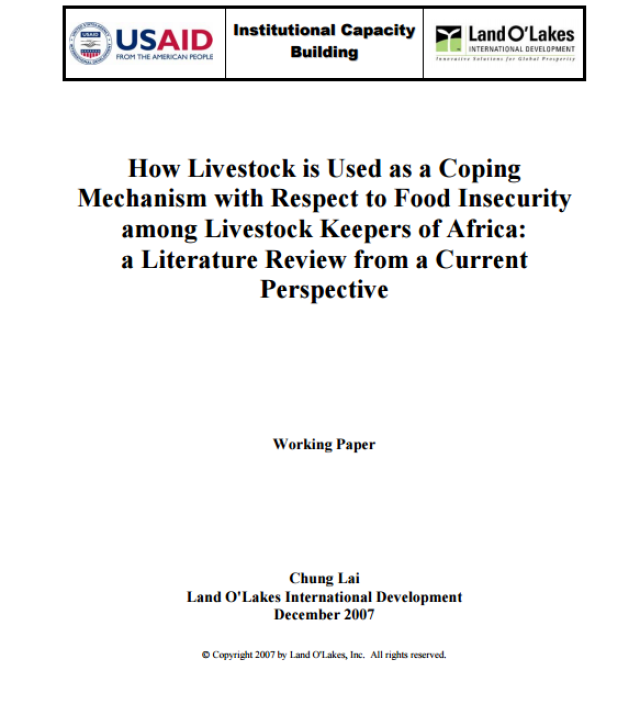
The Role of Wild-Caught Fisheries in African Development

The 2016 Global Food Security Act calls for the U.S. Government to develop and implement a comprehensive, strategic approach to achieve global food security and nutrition, and promote inclusive, sustainable and resilient development. This multi-objective approach should focus on small-scale producers, including fishers, farmers, pastoralists and foresters. Feed the Future, the U.S. Government’s global hunger and food security initiative, has primarily focused on terrestrial crops and aquaculture (i.e., fish farming), rather than fishing and fisheries (i.e., harvesting of wild-caught fish). Given the Act’s mandate for a more comprehensive approach, what is the role of fishing and wild-caught fisheries in achieving global food security and nutrition goals? How can the lessons learned from farming reforms and other strategies through Feed the Future be successfully applied to fisheries management?
To address these questions, the U.S. Agency for International Development’s (USAID) Food Security and Biodiversity Integration Working Group commissioned a research study. As a first step, the research team conducted interviews with key technical staff at USAID’s Bureau for Food Security, the Office of Food for Peace, the Bureau for Global Health and the Bureau for Democracy, Conflict and Humanitarian Assistance to better understand their knowledge and perceptions of wild-caught fisheries and the contributions of these fisheries to development. The interviews also helped clarify how lessons learned from Feed the Future could be applied to improve wild fisheries management.

